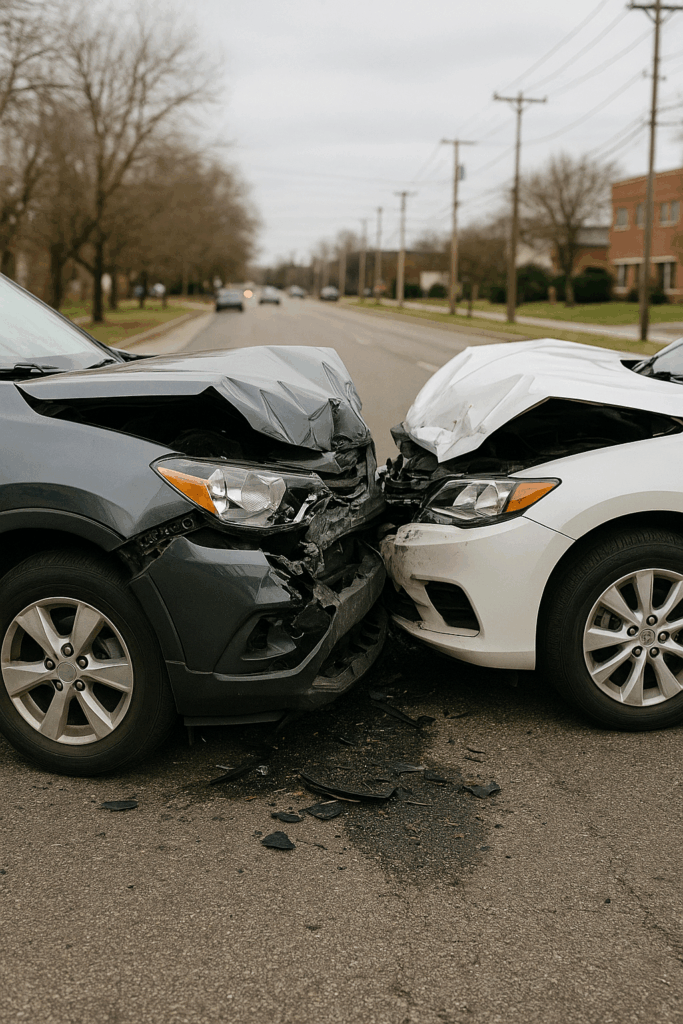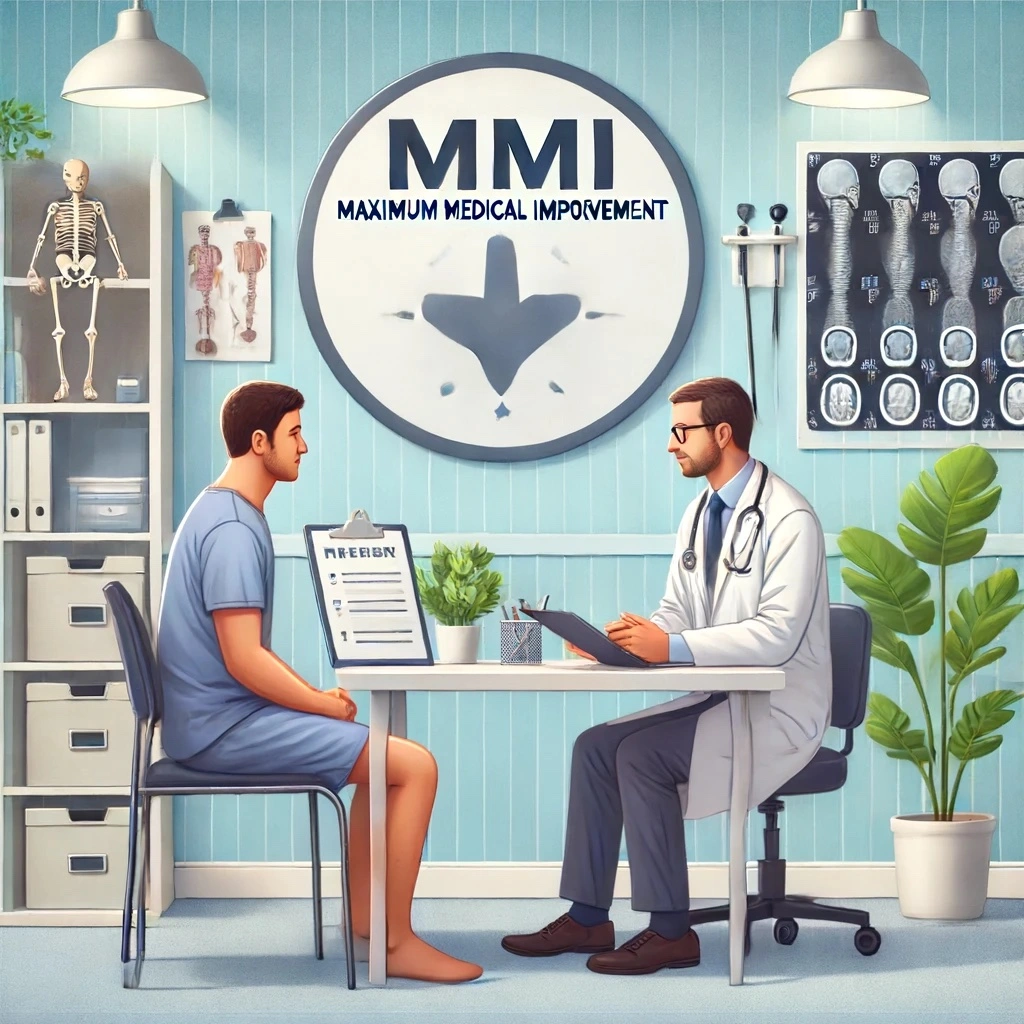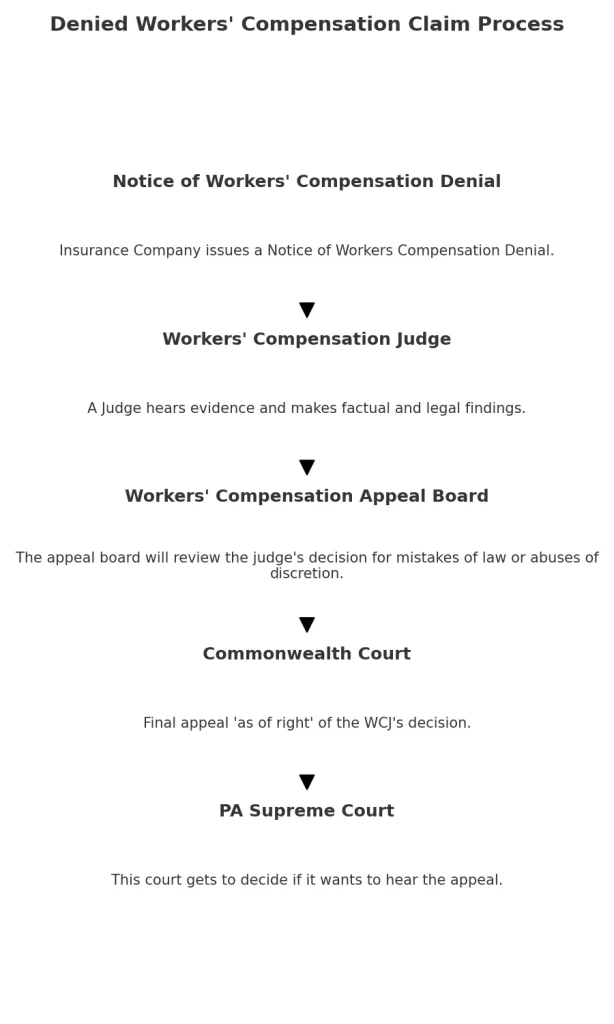Do I Have A Personal Injury Case in Pennsylvania?
If you suffered an injury in Pennsylvania due to someone else’s negligence, you may have a personal injury case. The answer to this question matters. A valid personal injury claim can help you recover compensation for medical expenses, lost wages, and emotional distress. However, not every injury claim qualifies under Pennsylvania injury law.
What Qualifies As A Personal Injury Case?
To have a valid personal injury case in PA, you must show that someone else’s negligence caused your injuries. This means showing:
Duty of Care
The responsible party had a legal obligation to act in a reasonably safe manner.
Breach of Duty
The party failed to meet this obligation, acting carelessly or recklessly.
Causation
Their breach of duty directly caused your injuries.
Damages
You suffered financial losses, including medical expenses, lost wages, or emotional distress.
If you can establish these elements, you likely have a personal injury claim under personal injury laws in Pennsylvania.
Common Personal Injury Cases
Car Accidents
In terms of car accidents, Pennsylvania follows a choice no-fault system. This means your own Personal Injury Protection (PIP) insurance covers initial medical expenses. However, with severe injuries, you may file a lawsuit against the at-fault driver for additional damages.
Slip and Fall Accidents
Property owners must keep their premises safe. A property owner may bear liability if you slip and fall because of a hazardous condition.
Workplace Injuries
Workers’ compensation insurance covers most workplace injuries. However, you may have a personal injury case if a third party’s negligence contributed to your injury.
Medical Malpractice
Doctors, hospitals, and healthcare providers must meet a professional duty of care. If they fail to do so, resulting in injury or worsened health, you may have a medical malpractice claim.
Defective Products & Products Liability Cases
Manufacturers must ensure the safety of their products. If a dangerous product caused your injury, you may have a products liability claim. Common claims involve design defects, manufacturing defects, or failure to warn consumers about risks.
Dog Bites
In PA, dog owners bear responsibility if their pet bites or injures someone. Especially, in cases where the dog has a history of aggression.

How Do I Prove Negligence?
Medical Records
Documentation of injuries, treatment plans, and medical expenses.
Police or Incident Reports
Official reports detailing the accident.
Photos and Videos
Images of the accident scene, injuries, or hazardous conditions.
Eyewitness Statements
Testimonies from people who saw what happened.
Expert Testimony
Professionals who can verify your injuries or explain how negligence occurred.
How Much Time Do I Have To File A Personal Injury Lawsuit?
Pennsylvania law imposes a two-year statute of limitations on most personal injury cases. You must file a lawsuit within two years from the date of your injury.
However, exceptions may apply:
Medical Malpractice
If you discover an injury later (e.g., a surgical error), you may have more time.
Minors
If a child is injured, the two-year deadline starts when they turn 18.
Government Claims
If your injury involves a government entity, you must file a notice of intent within six months.
Waiting too long may prevent you from filing a personal injury claim.
What Damages Can I Recover?
If you have a valid personal injury claim, you may recover economic and non-economic damages, including:
Economic Damages (Financial Losses)
- Medical expenses lost wages, and rehabilitation costs
- Property damage (e.g., vehicle repairs after car accidents)
Non-Economic Damages (Pain and Suffering)
- Physical pain and emotional distress
- Loss of enjoyment of life
- Scarring or disfigurement
In rare cases, Pennsylvania courts may award punitive damages to punish extreme negligence. For example, drunk driving accidents or reckless medical malpractice.
What If I Share Some Fault For My Injury?
Pennsylvania follows a modified comparative negligence rule. You can recover damages if you hold less than 51% of the fault, but your percentage of fault reduces your compensation.
For example, assume you hold 20% responsibility for a car accident. If awarded $100,000, you would receive $80,000 after the reduction.
However, if you hold 51% or more of the fault, you cannot recover damages.

Do I Need A Personal Injury Lawyer?
While not legally required to hire an attorney, having an experienced personal injury lawyer can significantly improve your case. Personal injury attorneys can:
Investigate
Investigate your claim and gather evidence.
Negotiate
Negotiate with the insurance company to maximize your settlement.
Value
Handle settlement negotiations to avoid undervalued offers.
Representation
File a lawsuit if necessary and represent you in court.
Insurance companies often try to deny or minimize claims. A personal injury lawyer can protect your rights and fight for fair compensation.
How to Protect Your Personal Injury Claim
If you believe you have a personal injury case, take these steps immediately:
Seek Medical Attention
Your health comes first, and medical records strengthen your claim.
Document Everything
Take photos, gather witness statements, and keep reports.
Avoid Social Media
The insurance company may use your posts against you.
Consult an Attorney
A skilled personal injury lawyer can evaluate your case.
Wrap Up
If another party’s negligence caused your injuries, you may have a personal injury case. An experienced personal injury lawyer can help you understand your rights.
Get a Free Consultation Today
If you or a loved one suffered an injury, contact our offices 24/7 at (215) 609-4183 for a free consultation. Our experienced law firm will review your case and help you determine the best path forward. Don’t wait—protect your rights today.









